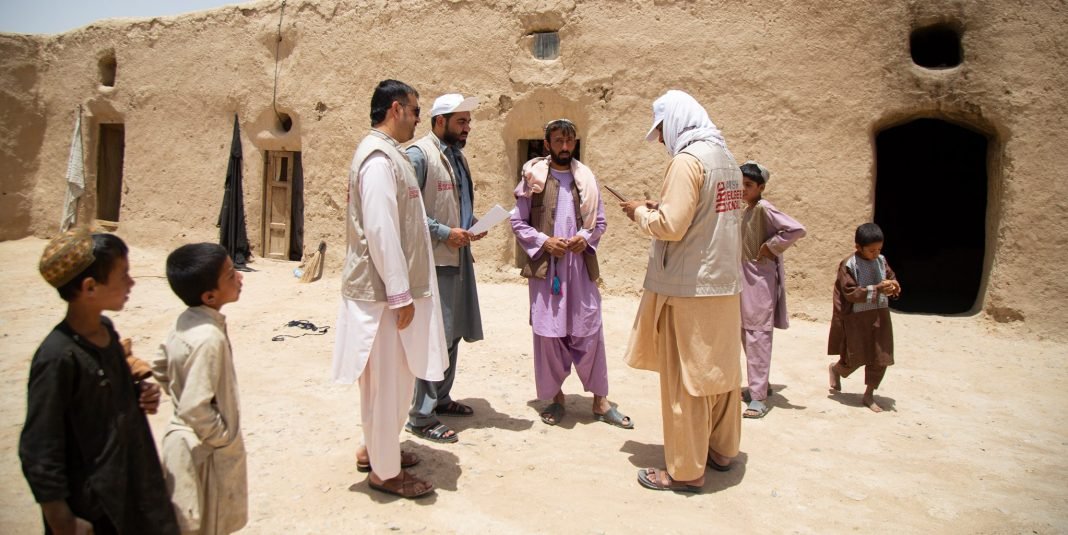Kabul, 11 August 2022 (TDI): The Danish Refugee Council (DRC) through its Area-Based Approach for Development Emergency Initiative (ABADEI) funded by the UN Development Program has supported 166,206 people of Afghanistan in the first three months.
On March 15, 2022, DRC officially launched its one-year Area-Based Approach for Development Emergency Initiative funded by UNDP. It is a part of a multi-agency effort to promote socio-economic recovery and strengthen community resilience in Afghanistan.
Additionally, the program which operates in crisis-ridden towns throughout 11 provinces, goes well beyond providing humanitarian aid by addressing basic human needs.
Moreover, they’re providing communities with urgent emergency assistance, such as cash for food, health, and other necessities, while assisting communities in their transition towards economic recovery, peacebuilding, and resilience.
DRC’s critical developments in the region
From its commencement till the date, the initiative has endorsed 166,206 Afghans through;
• Providing money to complement basic income
• Supporting financially for work
• Micro-enterprise support
• Explosive ordinance education
@UNDPaf #ABADEI partner, @DRC_ngo
Supported 1⃣6⃣6⃣,2⃣0⃣6⃣👥 in the first 3️⃣ months, through:
🔺 💰 to complement basic income
🔺 💰- for- work👷🏽
🔺 💲Micro-enterprise support
🔺 💥Explosive ordnance education#Afghanistan #Lift40M #StayAndDeliver pic.twitter.com/Vpt1pXvXuG— UNDP Afghanistan (@UNDPaf) August 4, 2022
Furthermore, under the ABADEI, DRC provides risk education awareness to 400,000 women, men, girls, and boys. Including at border points, for Afghans’ returning from Iran and Pakistan, who are at higher risk during their journey home.
In the same vein, UNDP partner DRC conducts Explosive Ordinance Risk Education (EORE) sessions for community members to provide life-saving information on mitigating risks and preventing life-altering injuries and deaths.
Account of a 40-year-old beneficiary in Herat Province
Also read: JICA and FAO to collaborate in Afghanistan
Somewhere in Rural Herat, Mujibur Rahman, a 40-year-old husband, and father to five children spent a large portion of his days gathering metal scraps from war debris that had accumulated in their neighborhood over years of armed conflict.
Also, he would then store these in his home and sell them in the neighborhood market for a few dollars. He was unaware of the risks involved in this pursuit, which could ultimately result in his death.
According to representatives from the UN and IEA, unexploded munitions have killed more than 180 Afghans in the past nine months, many of whom were attempting to gather and sell leftovers.
Mujibur Rahman acknowledged, “Before attending the awareness raising training, most of my community didn’t know about the risks of mines and unexploded ordnances in our area. Now, we understand the dangers and can protect ourselves and our children.”








